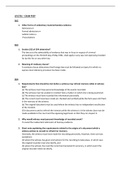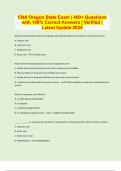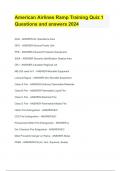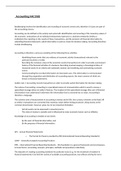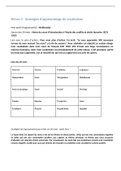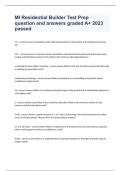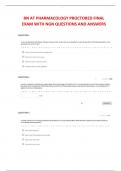Summary
Summary Law of Evidence Q&A per Study Unit with relevant cases answers 2022/2023
- Institution
- University Of South Africa (Unisa)
This document provides an outline of the study units with relevant questions extracted from previous exam and assignments. This document contains answers to the questions.
[Show more]
